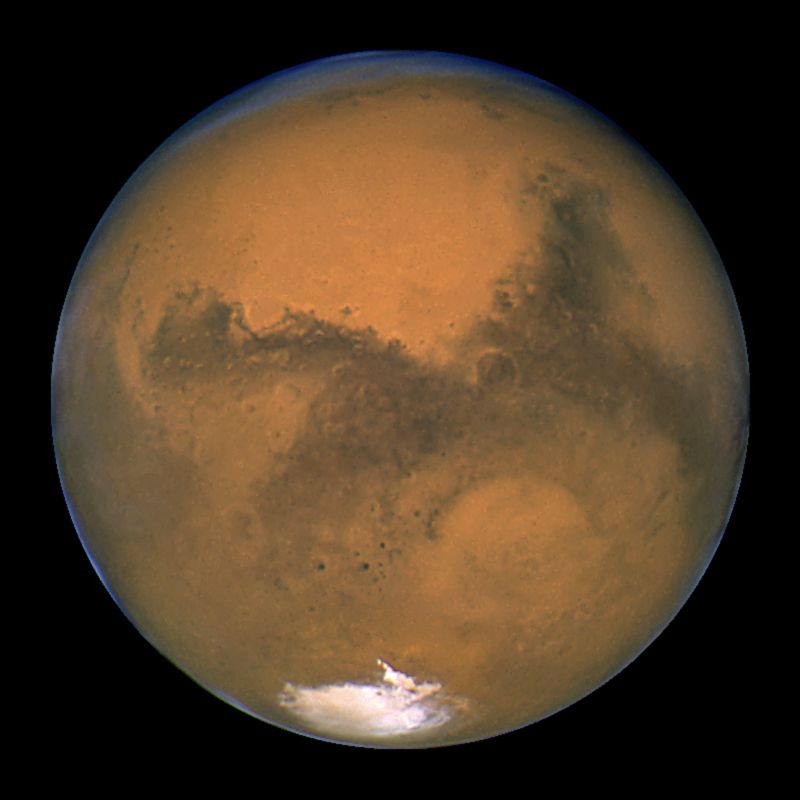NASA is looking to shake up Mars exploration by involving private companies in the process. In a recent move, the agency has awarded a dozen research tasks to various private firms, signaling a shift towards commercial support for future missions to the Red Planet.
This marks the second instance within a month where NASA has demonstrated its inclination towards engaging commercial entities in Mars missions. The agency has opted to revamp the original Mars Sample Return mission, leaning towards alternatives likely to involve private space companies.
Nine companies have been chosen to conduct 12 “concept studies” exploring how they could contribute Mars-related services, ranging from payload delivery to planetary imaging to communications relays. Although each award is relatively modest, ranging between $200,000 and $300,000, these studies represent a crucial initial step for NASA to assess the costs, risks, and feasibility of leveraging commercial technologies.
The selected companies include Lockheed Martin, Impulse Space, and Firefly Aerospace for small payload delivery and hosting services; United Launch Alliance, Blue Origin, and Astrobotic for large payload delivery and hosting services; Albedo, Redwire Space, and Astrobotic for Mars surface-imaging services; and SpaceX, Lockheed Martin, and Blue Origin for next-gen relay series.
Most of the proposals chosen involve adapting existing projects focused on the moon and Earth, as stated by NASA. The 12-week studies are expected to wrap up by August, with no guarantee of leading to future requests for proposals or contracts. However, conducting these studies is seen as a necessary precursor for potential future contracts with the companies involved.
The companies were selected in response to a request for proposals issued by NASA’s Jet Propulsion Laboratory earlier this year. The overarching goal is to develop a new approach to Mars exploration, one that facilitates “more frequent lower cost missions” through partnerships between government and industry.
This strategy mirrors NASA’s Commercial Lunar Payload Services (CLPS) program, which awards significant contracts to private companies for delivering payloads to the moon. Similar to CLPS, these recent awards demonstrate NASA’s growing comfort with collaborating with smaller, early-stage startups working on innovative but unproven technologies.















































